Giving yourself permission to drink could be the beginning of understanding why you drink, and how you might go about better controlling your consumption. Let me explain.
Several years ago, when I was drinking regularly, there is one particular memory which I’ve drawn on for understanding in sobriety. I was about to go out of town, so I had a lot of work to do, but I was also very stressed and wanted to drink. I just couldn’t do it right then though; I had too much to do, so I had to put it off. What I did next, is very important.
I went to the liquor store anyway, right then, even though I knew I wouldn’t drink my purchase until much later. I did that because I knew that if I secured alcohol now, and gave myself permission to use it later, I would get some relief from the obsessive thoughts and restlessness, which were driving me crazy now.
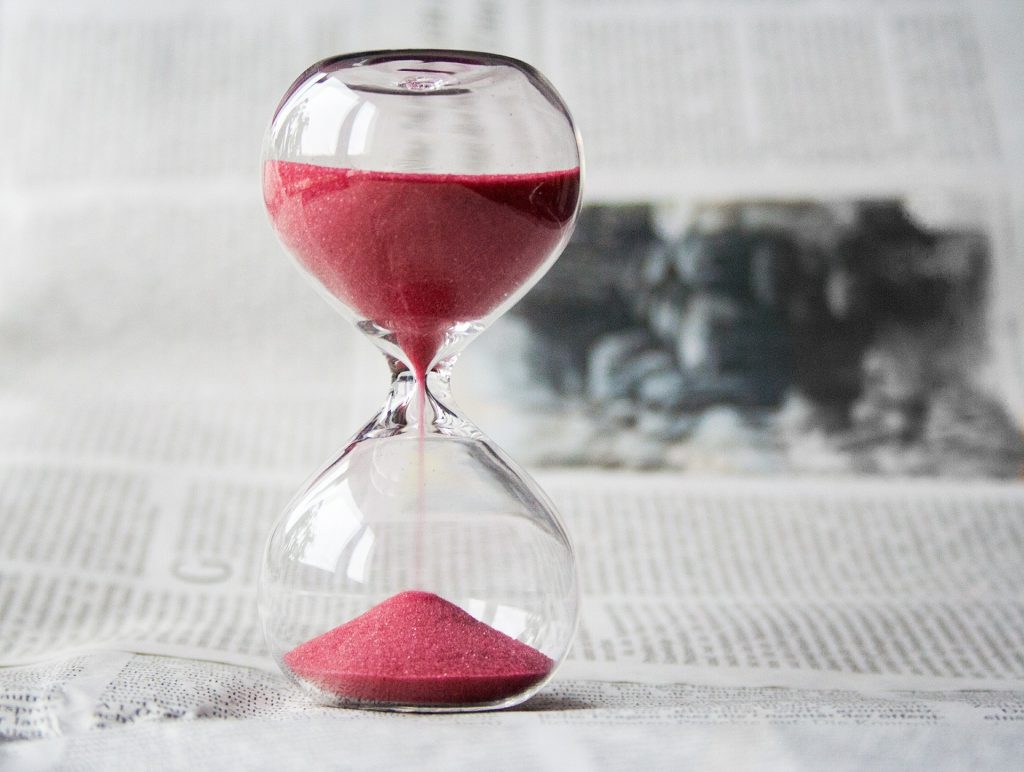
Planning my drinking was like a sigh of relief, and here’s why.
When you make the decision to drink — even if it’s not going to be until later — you get a reprieve from craving. Obsessive thoughts, restlessness, and discontent are all symptoms of craving. And craving is caused by dopamine.
Dopamine comes from the part of the brain that has latched onto alcohol. This part of the brain is interested in maintaining habit formation, and it’s very powerful.
Dopamine has a really strong motivational aspect as well. In fact, dopamine is as much about getting alcohol, as it is about drinking it. I explain this a little more in detail in another post, and you can read it here. And that’s why we feel a little hint of relief when we mentally allow ourselves to do it, even if we’re not going to indulge until later.
I call this putting off “intentional procrastination”, and it’s an enlightening experience for sobriety, when you can become aware of it. Here’s what’s going on when we feel this.
“Intentional Procrastination” appeases both parts of the brain.
When we put off drinking, we’re appeasing that part of our brain/selves that wants to drink now, which is triggering the craving. We’re basically saying, “you’re gonna get it, just not right now, but later, so relax.” And it does relax. It stops dopamine, for the moment. (The key is, of course, to stop it for good.)
As I’ve discussed in other articles (The Two Wolves Within, July 12, 2019), we have two parts to our brains regarding drinking. One part of us wants – needs – to drink. This is the part of the brain that triggers craving chemicals, dopamine most notably, making us obsess about alcohol and feeling restless until we get it. This part of the brain has no concept of future or past. It is only present moment awareness. And while it urges us to drink now, making the decision to do it later appeases it temporarily.
The other part of the brain/selves is our logical side that doesn’t want to drink. This is the part of us that “knows better”. This part of us knows drinking isn’t a good idea, it’s a temporary fix, it’s a problem, and we need to stop. This is the part of the brain that does have a concept of future consequences and past negative memories. And because it knows drinking isn’t the best plan, it’s all about putting it off. Voila, you’ve satisfied both; for now.
And this is the part of ourselves we want to cultivate and tap into more often, right? It’s the struggle between these two very different parts of us that we find ourselves in every day. And which one speaks the loudest is the one who wins. I addressed this at length in this article.
Try it for yourself — procrastination you can feel good about!
I know I’m not unique and many drinkers have experienced the urge to drink when they can’t. We want to drink, we need to drink, but we can’t right at the moment the urge hits us. Maybe we’re at work, or we have an important meeting, a court appearance, or we’re driving; it’s just not possible right away, so we’ve all put it off in situations like this.
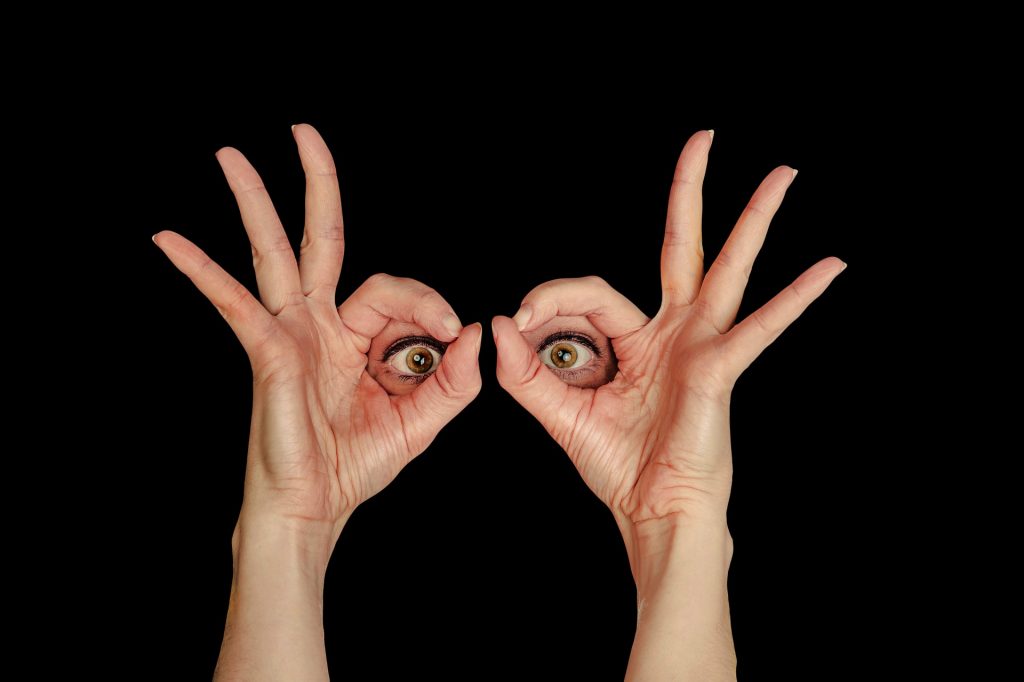
The problem is that maybe you’ve never done it intentionally just to see how it feels. Have you ever really realized how you feel the minute you decide to put it off, and/or have secured the alcohol for later?
You get a reprieve, and this is something to become aware of . . . and use to your benefit.
Take my “Intentional Procrastination Challenge”
Notice, I’m not telling you to quit drinking. I’m not even suggesting you don’t drink today, but if you haven’t already started drinking (if you have, you’ll have to wait until tomorrow or when you sober up), just try it.
Intentionally procrastinate drinking today, and see how it feels. Secure the drink, if you need to, and give yourself a time in the future when you’ll drink it. Giving yourself permission to drink is, in itself, a refreshing change — not trying to white knuckle it until you simply cave in.
Tell yourself, “you’re gonna get it, just not right now, but later, so relax.” And see how that feels. Just play around with it, what do ya have to lose?
See if you can feel the internal sigh of relief, a slight sense of security.
When we get both of these parts of our brains on the same page, this not-drinking gig gets much easier, but until then, it can be quite problematic. In fact, that is the immediate problem with relapse or with drinking every day, right? If we could just do what that one part of us who “knows better” wants, we’d be okay, right?
It is possible to get both sides of your brain on the same page for good, and when you do, not drinking no longer feels like non-stop resistance. And this relief issue, after making the decision to put it off, is an important key for understanding.

When we intentionally procrastinate drinking, when we give ourselves permission to do it later, we free something up inside, but we have to try to become aware of that freedom to work with it. Knowing what it is, and where it’s coming from, can help us learn to use it to our benefit.
I can help you with that too, but first things first. Take my challenge!
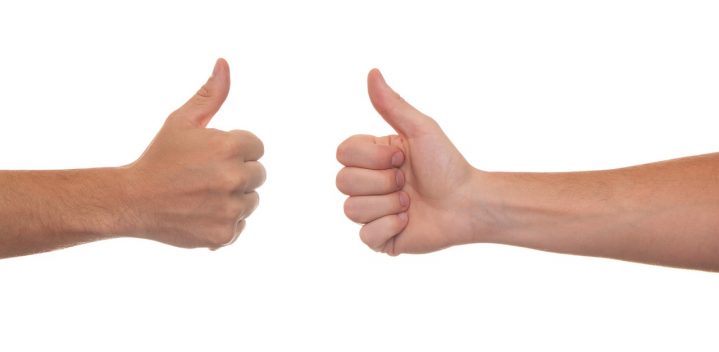
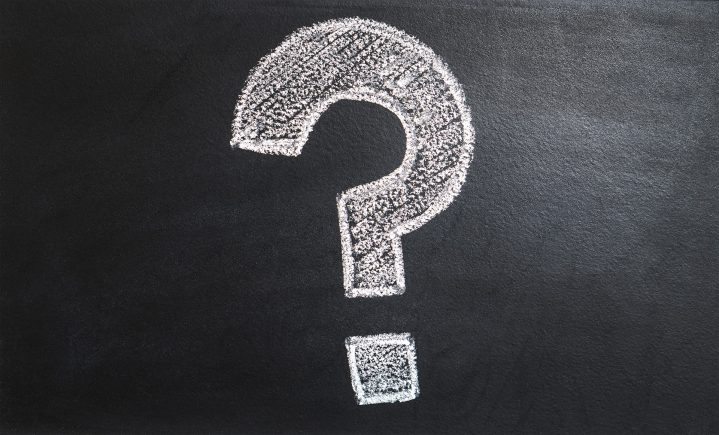
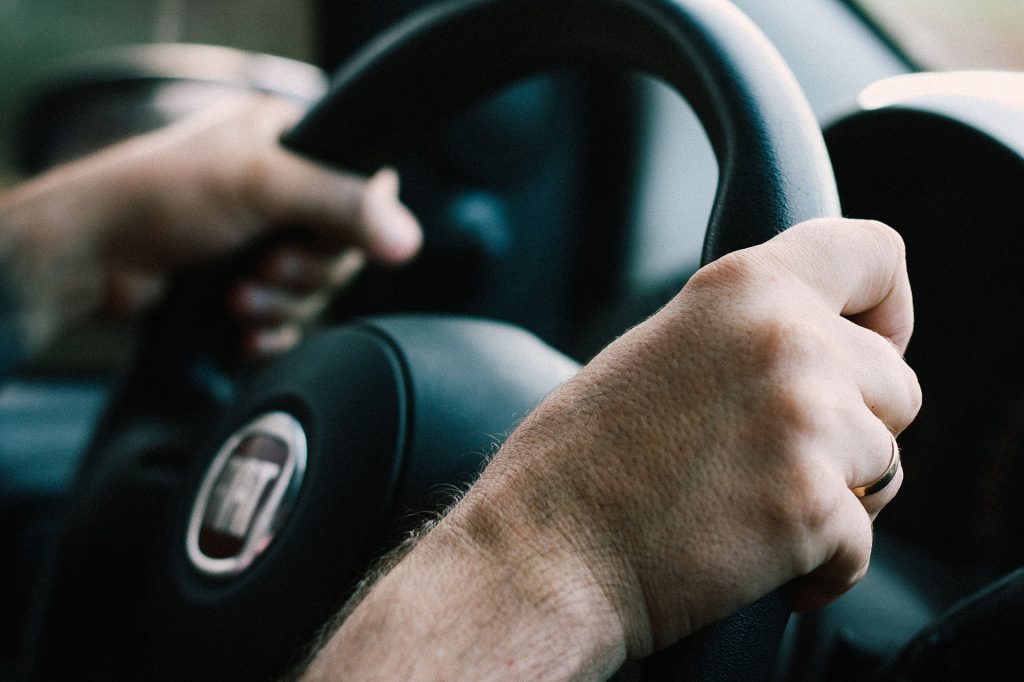
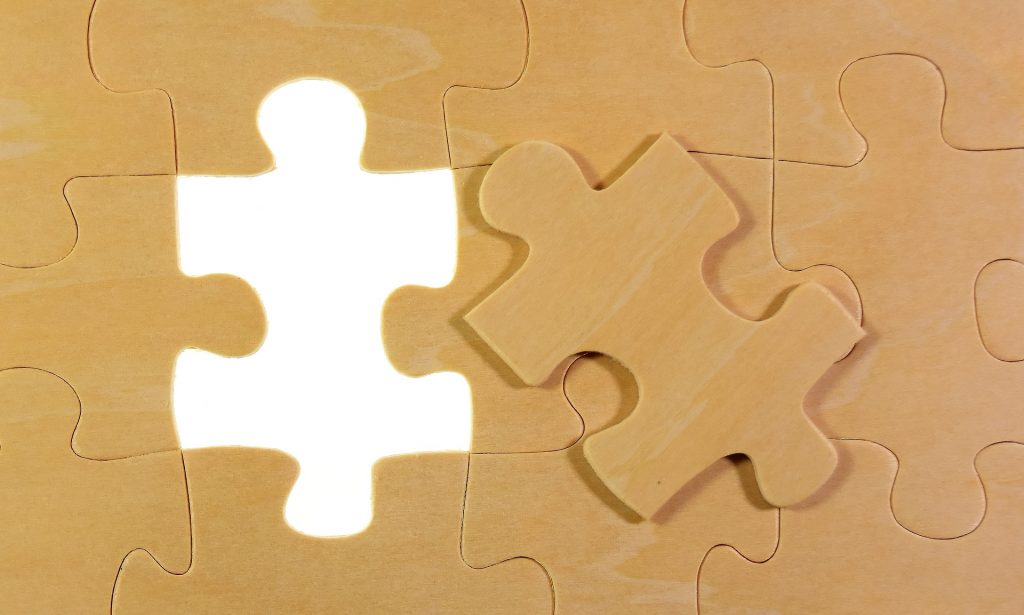
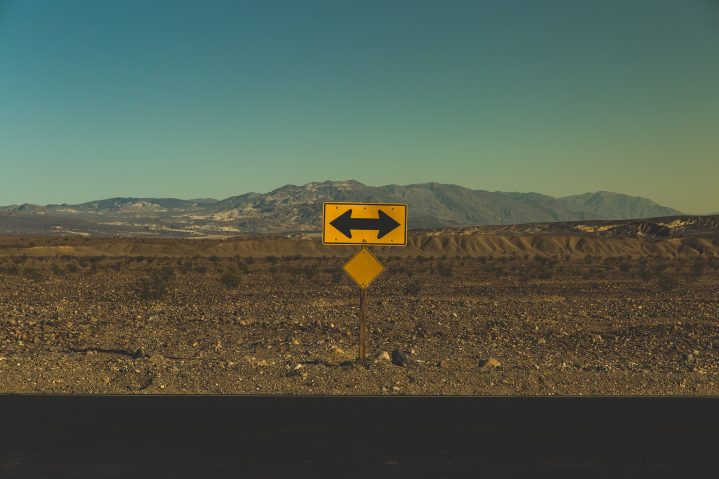
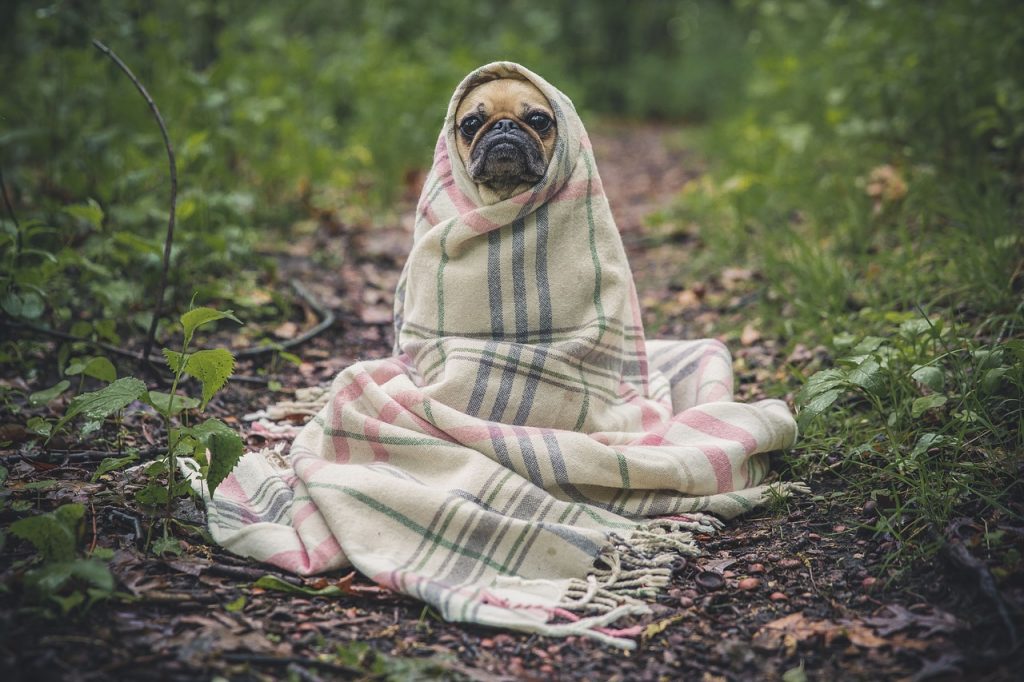
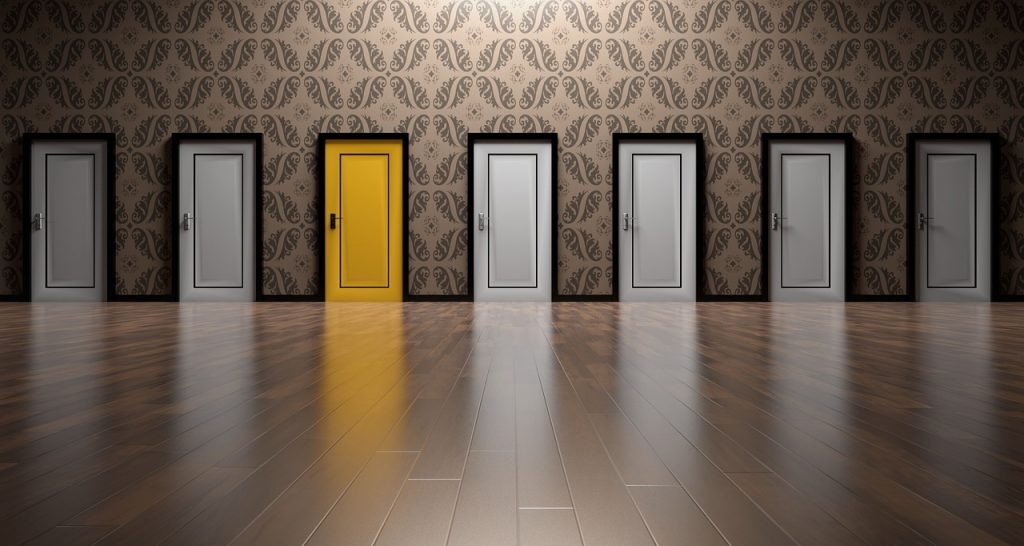
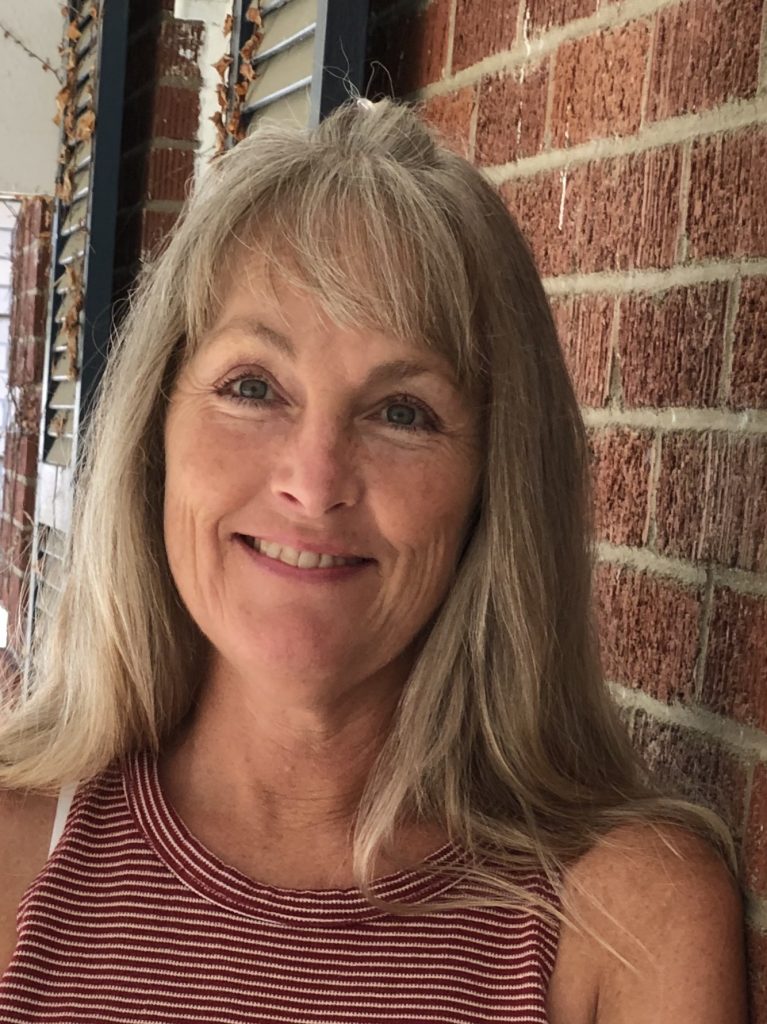
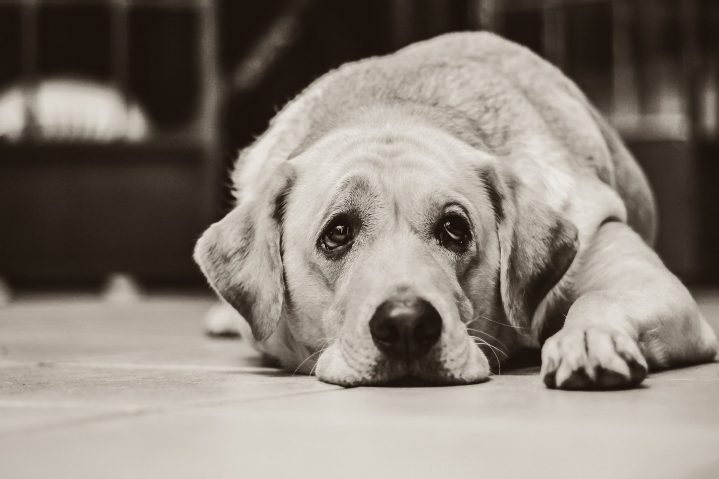
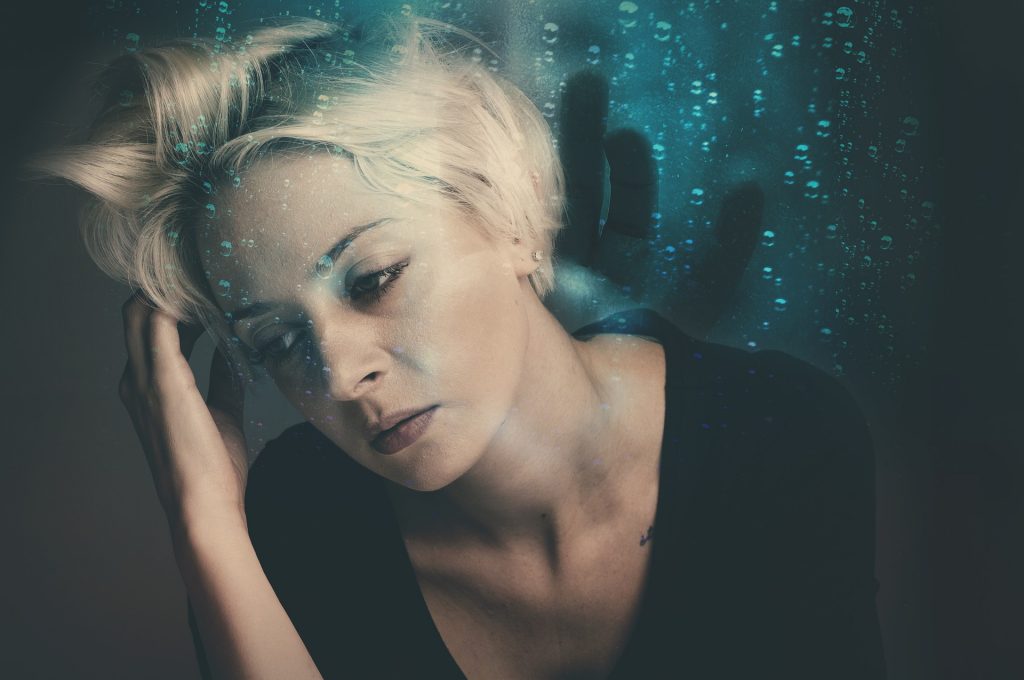

Recent Comments